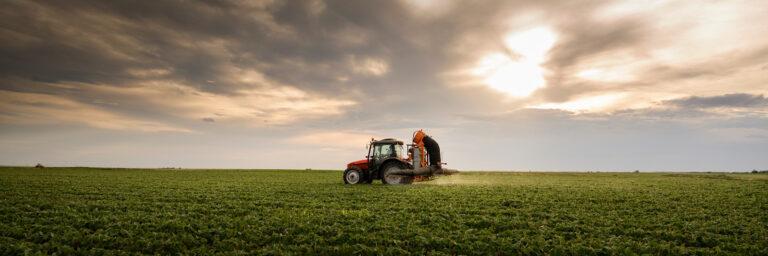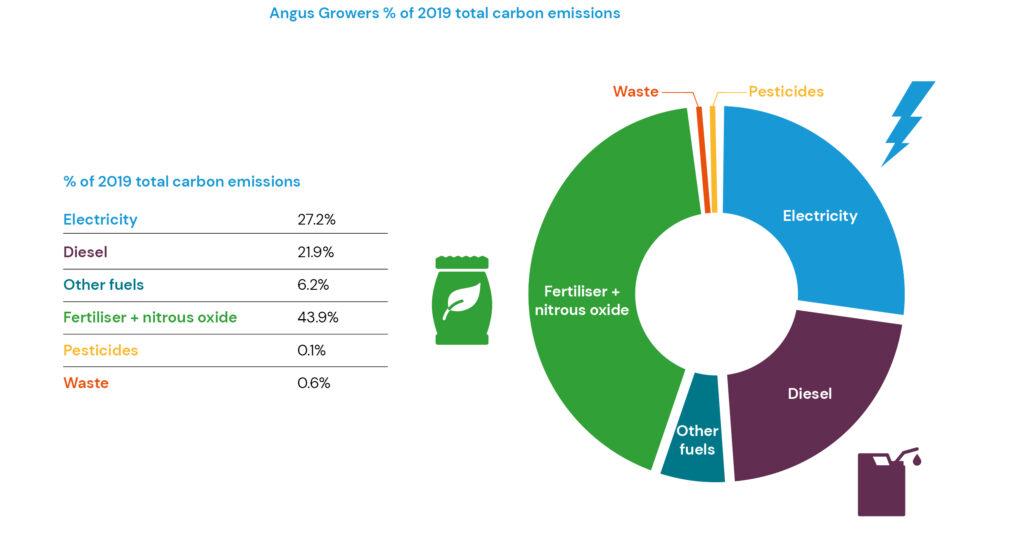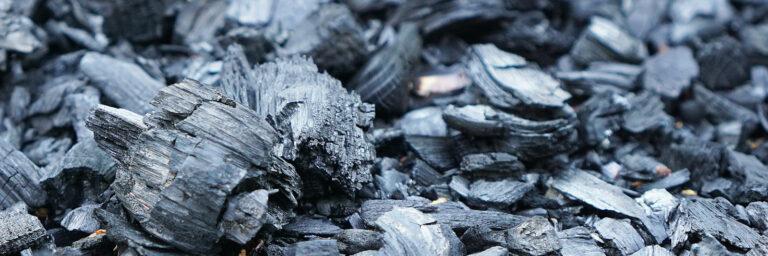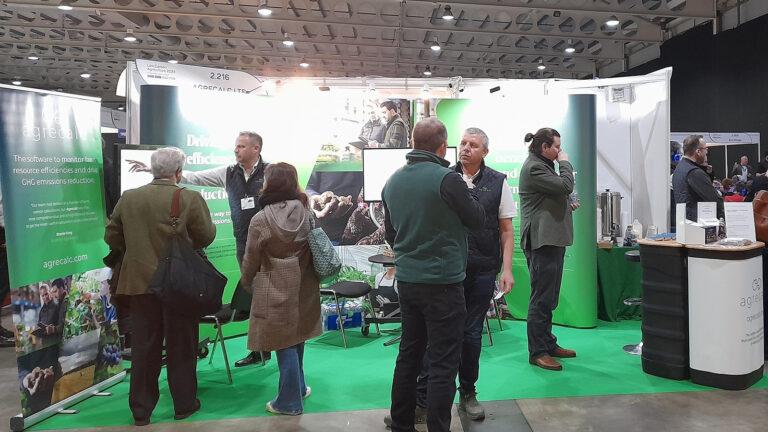
April Business Update: SRUC
After two years of operation as a Limited Company, Agrecalc became part of Scotland’s Rural College (SRUC) as of 1 April 2025.
Angus Soft Fruits is a leading supplier of berries to UK & European retailers. Established in 1994, the business has worked closely with grower producer organisation Angus Growers since it was founded, as well as expanding through continual innovation and collaboration to build relationships with growers around the world, ensuring year-round supply of berries direct to the customer.
Working with the Food and Footprint team at SAC Consulting, they are using Agrecalc to measure, benchmark and reduce carbon emissions in the berry supply chain.
Angus Growers is a soft fruit producer organisation based in Arbroath on the East Coast of Scotland, in the heart of the traditional Scottish berry growing area. The growers have been working with SAC Consulting since 2013 to provide independently assessed data showing carbon emissions per unit of production. Using SAC Consulting’s Agrecalc Carbon Calculator, they have been able to successfully monitor and reduce their carbon emissions per tonne of fruit by an average of 28% since benchmarking began.
Using the lessons learned by Angus Growers during the last 10 years, Angus Soft Fruits are now working with SAC Consulting to measure and reduce the greenhouse gas (GHG) emissions associated with the production, processing, transport, and packaging of berries in their global supply chain.
Angus Growers started using SAC Consulting’s Agrecalc Carbon Calculator in 2013 and have done carbon audits every three years since then. SAC Consulting worked flexibly to expand understanding of where their emissions stem from and provide recommendations to reduce energy use and save money.
Using the standard Agrecalc Carbon Calculator, the biggest sources of carbon emissions during 2019 were shown to be electricity (27%), fuel (28%), and fertiliser (44%). During the present wave of carbon audits, SAC Consulting is providing bespoke support by adding additional data to emissions calculations, which will allow the growers to understand the impact of inputs which are specific to soft fruits, including the use of coir or peat substrates and the plastics from their polytunnels.

"The team at SAC Consulting have been really accommodating to tailor the support to our exact needs and create even more value within our emissions calculations with their expertise. For example, we are using the data and advice from Agrecalc to create a GHG emissions reduction roadmap which includes renewable energy, efficient fertiliser use, water management, efficient chilling, and exploring new technologies like electric and hydrogen vehicles. Our customers expect us to maintain a clear focus on emissions reduction and with the baselines we now have, we can clearly show where our emissions are coming from and how we’re taking steps to reduce them. We are delighted to be making such great progress towards our target of reaching 50% reduction in UK carbon emissions by 2030.
Catherine Russell, Angus Soft Fruits
For Angus Soft Fruits, estimating the emissions associated with their own operations and their wider supply chain is crucial to support meeting their sustainability targets and contributing positively to the wider emissions reduction targets for Scotland and the UK.
Scope 3 are those emissions derived from the value chain. For example, where Angus Soft Fruits purchases berries from growers, the emissions associated with the primary production, processing and use of the food item are considered within scope 3. Most direct business emissions (scope 1) often come from vehicle use or on-site combustion.
Scope 2 emissions refer to purchased energy, usually in the form of heat and electricity. It becomes increasingly more complex when companies begin to consider scope 3 emissions, and that is where our team of experts at SAC Consulting are finding ways to add value to customers by making this challenge easier to evaluate and understand.
In 2021, Angus Soft Fruits and SAC Consulting began to look beyond the farm gate to measure the emissions associated with their packing facilities, international growers (in Egypt, Chile, and Morocco), and transport. This approach covered the life cycle of the soft fruits from farm to packhouse gate.
During the project, expertise from SAC Consulting has allowed Angus Soft Fruits to better understand their value chain emissions and focus reduction activities where they are needed. At their packhouse in Evesham, electricity use has been reduced by 8.4% since 2017, and automatic lighting controls with motion sensors, dimmable lights, and LEDs are being installed to further improve energy efficiency.
Longer term plans to reduce scope 1 and 2 carbon emissions include solar panels, efficient use of compressed air, electric vehicles, and the use of low GHG refrigerants.
(This case study was first published in the Food and Footprint section of the SAC Consulting website.)

After two years of operation as a Limited Company, Agrecalc became part of Scotland’s Rural College (SRUC) as of 1 April 2025.

Biochar is a carbon-rich material produced by pyrolysing biomass, which offers a variety of potential agronomic benefits. In this guest article, Black Bull Biochar discusses how these effects work together to bolster productivity, sustainability, and resilience in farming.

The Agrecalc team is looking forward to welcoming you at our stand (2.844) at this year’s Low Carbon Agriculture Show, taking place on March 5 and 6, at NAEC Stoneleigh near Kenilworth.